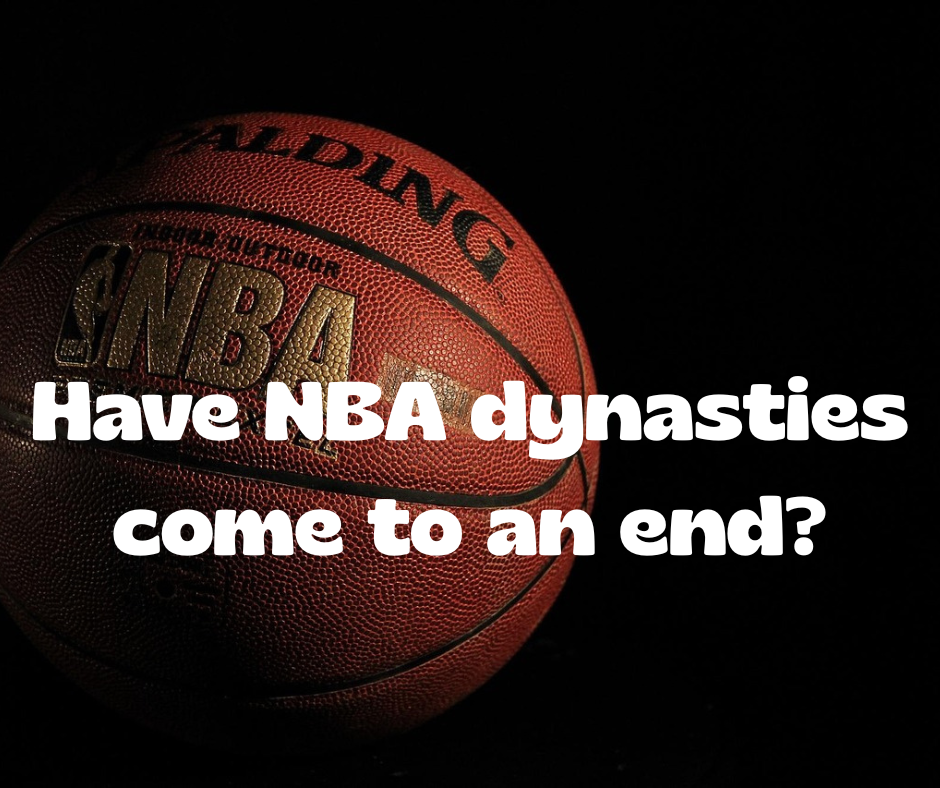Have NBA dynasties come to an end?
NBA News

Have NBA dynasties come to an end? The league's unprecedented parity and the big questions about the future.
Throughout NBA history, dynasties have always played a central role. From Bill Russell's Boston Celtics in the 1960s to the LeBron James-led teams and the Stephen Curry-era Golden State Warriors in the 2010s, we view these dominant forces as having defined eras of the league. This pattern, however, has changed in recent years. Since the Golden State Warriors' success in 2018, the NBA has crowned seven different champions, marking the longest period of parity in the league's history. Furthermore, in the last six years, the defending champion has not once managed to reach the conference finals.
The era of new rules and tougher decisions
NBA Commissioner Adam Silver has welcomed the change, stating that the league's goal was to create an "equality of opportunity." The new salary cap rules in the latest Collective Bargaining Agreement (CBA), which introduced extra, stricter limits (known as "aprons"), have fundamentally rewritten how teams operate. These additional restrictions limit the spending of wealthier teams, making it more difficult for them to retain their stars and sign quality role players.
The impact of this is already being felt. Champion Oklahoma City Thunder's general manager, Sam Presti, spoke cautiously about the future, while other teams have already made significant sacrifices. The Boston Celtics, for example, after winning the championship, lost several key players (Jrue Holiday, Kristaps Porzingis, Al Horford) due to these extra salary cap restrictions, thus avoiding a record-breaking $500 million roster. The Denver Nuggets were forced to trade Michael Porter Jr. and a first-round draft pick to gain some flexibility. The Cleveland Cavaliers, meanwhile, lost Sixth Man of the Year candidate Ty Jerome because the stricter rules made it impossible to keep him.
Is squad depth the future instead of the "Big Three"?
In the new system, flexibility has become the most important factor. Teams must think not just one year ahead, but several, and every contract decision has to be perfect. This approach also challenges the traditional "Big Three" concept, as the massive salaries of three star players make it nearly impossible to maintain a quality, deep roster.
For example, this is why the Los Angeles Clippers decided not to re-sign Paul George, thus preserving their financial flexibility, while the Philadelphia 76ers, who signed George, are now in a precarious position due to high salaries and the player's injury history.
In contrast, the New York Knicks and the Orlando Magic are building around squad depth, while the defending champion Oklahoma City Thunder are in the best position. The team can retain its stars (Shai Gilgeous-Alexander, Jalen Williams, Chet Holmgren) long-term, while avoiding luxury taxes thanks to a stable group of veterans on cheaper contracts and a solid pipeline of rookies.
An unprecedented abundance of talent
Another main reason for the emergence of parity is the unprecedented abundance of talent in the league. The stars of previous generations (LeBron James, Stephen Curry, Kevin Durant) are still playing at a high level in their late 30s, while a constant stream of new, young talent is arriving. As a result, the league has more stars than ever, and this distribution of talent makes it difficult for any single team to achieve sustained dominance.
What does the future hold?
The big question is whether this state of parity will be permanent. According to league officials, as the salary cap rises, teams' flexibility may also increase, but the strict rules will remain. Can dynasties return? The answer is still uncertain. It's possible that this parity is merely a transitional period, and a new dynasty will soon take over, just as happened in the 1970s.
NBA Commissioner Adam Silver believes the league is on the right track. "The fact that we've had seven different champions in the last seven years is a good sign that we're moving in the right direction," he stated. The bottom line is that the fight for the championship is more open than ever, and that makes the season more exciting for fans.
#NBA #NBAParity #NBADynasties #NBANews #Basketball #NBATitleRace #NBACBA #SquadDepth #NBASalaries #Playoffs